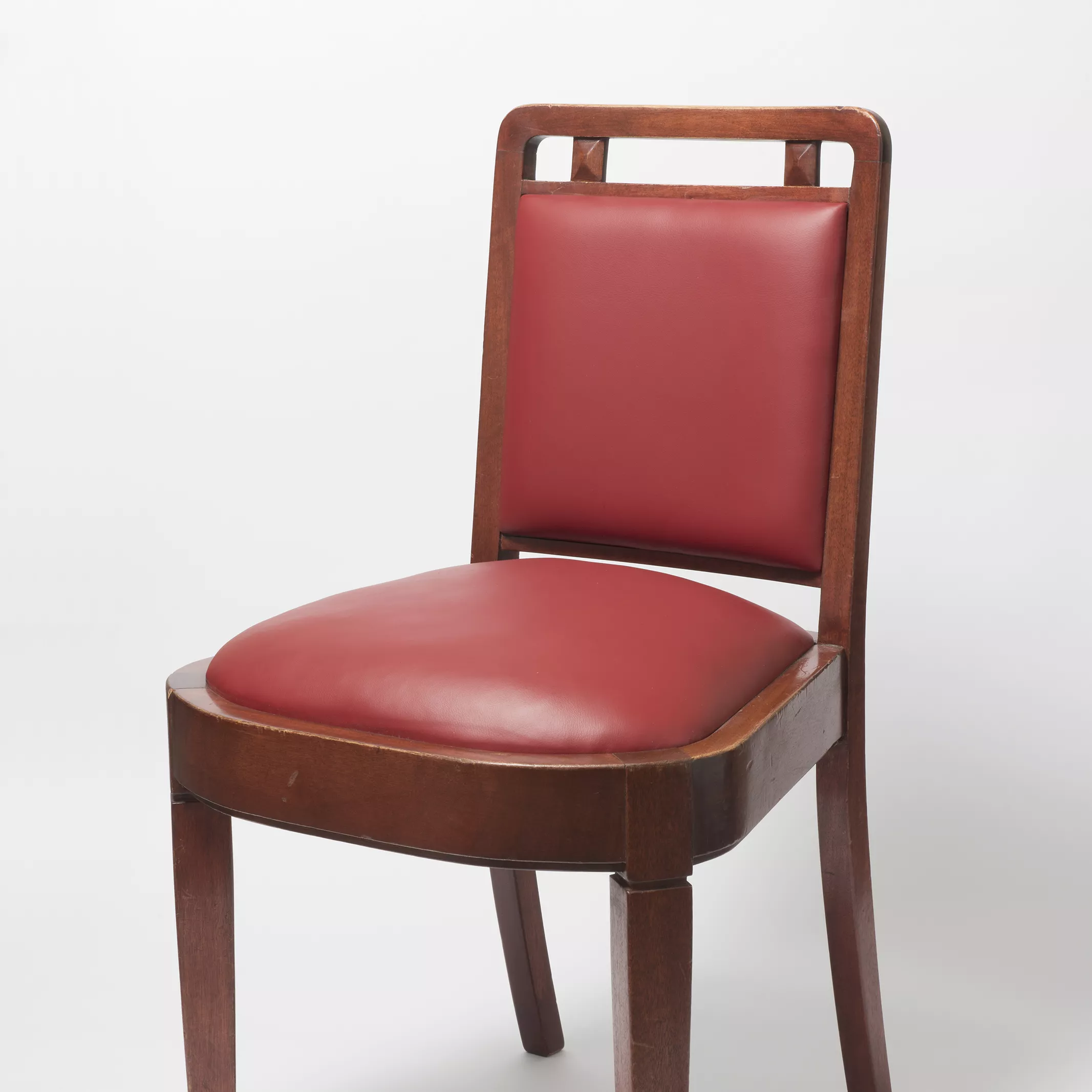Neville Bonner's stamp
A stamp of approval from the first Aboriginal person to sit in Australian federal parliament.
This stamp, bearing the name 'Neville T. Bonner' in cursive, with 'Senator for Queensland' beneath, was one of several Neville Bonner would have used to sign off letters and documents while in parliament. It later served as a souvenir of his time in office.

Jagera man Neville Thomas Bonner was the first Indigenous person to sit in Australian federal parliament when he was appointed a Liberal senator for Queensland in 1971. Bonner spent 12 years in office, initially to fill a casual Senate vacancy for the Liberal Party in 1971, and subsequently elected in his own right four times. He was a highly principled politician who voted with his conscience, often against party lines.
As a Senator, Bonner 'rubber-stamped' a report as chairman of the Joint Select Committee on Aboriginal Land Rights in the Northern Territory in 1977, the Aboriginal Development Commission Bill, and its replacement in 1979 and 1980, amendments to the Freedom of Information Bill in 1981, as well as several private members' bills he introduced but were unsuccessful. No doubt there were also countless more documents which crossed his desk in his 12 years in office.
Bonner’s attitude to race and related issues was complex, as he felt an 'all-consuming burning desire to help [his] own people' and was very conscious of the privilege of being the first Aboriginal person to sit in parliament. However, he also experienced loneliness in Canberra, where he was treated as equal inside the chamber but said he was largely left alone in his office and unit, and not included in social events.
After being pushed down the Liberal ticket in the 1983 election, Bonner contested as an independent but was not successful. He was appointed an Officer of the Order of Australia the following year.
What did Neville Bonner do after leaving parliament?
Bonner was on the board of the ABC from 1983 to 1991. From 1995 to 1996 he chaired a government review of the Aboriginal Lands Trust in Western Australia, and in 1997 was chair of Queensland's Indigenous Advisory Council. In 1998, he was made a life member of the Liberal Party and was a delegate at the Constitutional Convention in Canberra to discuss the republic debate.
How many First Nations parliamentarians have there been since Neville Bonner?
After Bonner's defeat, it was 16 years before another First Nations person entered parliament – Senator Aden Ridgeway in 1999. The first First Nations member of the House of Representatives was Ken Wyatt in 2010. Between 2010 and 2024, there have been 13 more First Nations parliamentarians, with the 2022 election leading to a record 11 First Nations members and senators sitting simultaneously.









